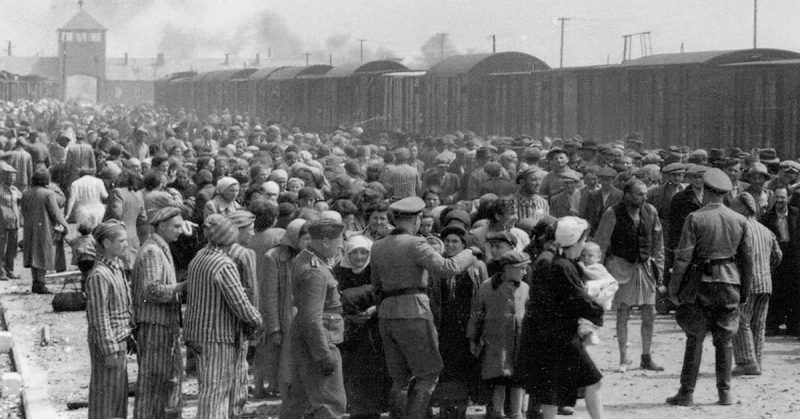Princeton Professor Jan Tomasz Gross is a Polish-American scholar who has claimed that Poland killed more Jews than the Germans in World War II. Poland’s government is fighting back, refusing to take such a claim lying down when they are so proud of their legacy of resisting the Nazis.
If it is decided that Gross has publicly insulted Poland, he can be sentenced for up to three years in jail. A yearlong investigation has been extended until April by a prosecutor. This contradicts a decision by a lower-level prosecutor who made the recommendation of dropping the case after finding no intent to defame Poland.
Agnieszka Wardak is Gross’s lawyer. She feels that there is little chance Gross will face criminal charges. There was a similar case in the past that was dropped. Gross lives in the US but willingly traveled to Poland for questioning this year.
This is being viewed as a test case for freedom of speech under a government that has been consolidating power. Critics of the government think that Gross is being intimidated by state-run agencies. Gross has Jewish ancestry and left Poland in 1968 during a wave of anti-Semitism. The critics worry that these moves by the authorities will prevent other authors from seeking the historical truth.
The Simon Wiesenthal Center, a Jewish human-rights group, said that the choice to continue investigating Gross is “alarming.” They went on to call it a “political witch-hunt.”
Mark Weitzman is the director of government affairs for the Center. He sees this as a method of alienating victims and minorities. He feels that the Polish government is trying to cover up the experiences of those people.
A gathering of Holocaust scholars took place in Los Angeles. Historians attending the event were adding their names to a letter addressed to Polish President Andrzej Duda. The letter condemns the attack on Gross and a proposed law that they worry will suppress scholarly research into the Holocaust.
They believe that Poland is becoming a state that blocks free speech and censors historical debate.
Critics of Gross point to his dubious methods in supporting a 15-year attack on Poland’s national honor, beginning with his book “Neighbors” which describes the wartime massacre of Jews by Poles. These critics feel Gross overstates the extent of Polish crimes against Jews in order to gain attention for himself and because he’s harboring resentment for his former homeland.
The statement behind the investigation was printed in a September 2015 article published by Project Syndicate. In that article, he condemned Poland and other Central Europe countries for their refusal to assist migrants. His argument was that these countries had an attitude rooted in their “murderous past.”
“Consider the Poles, who, deservedly proud of their society’s anti-Nazi resistance, actually killed more Jews than Germans during the war,” he wrote.
To make the issue worse, the article was also published in the German newspaper “Die Welt,” an act that felt like an additional insult to Gross’s critics.
Polish prosecutors received scores of complaints from Polish citizens.
Gross recently stated that he accepted that the case had originally been opened in response to numerous complaints received by the Polish authorities. He feels that the prosecutor’s office has gone beyond just “doing its job, now it is clear that this is a political case in the making.”
Poles have received a steady stream of stories of Polish suffering and heroism since the war. They celebrate the military defense against the German invasion in 1939, the Warsaw Uprising in 1944, and numerous Poles who saved the lives of Jews. A growing body of historical research that points out Poles that participated in the Jewish genocide and profited from the property and items left behind by the Jews is drawing a sharp reaction from Poles, The Times of Israel reported.
The basis of Gross’s claim in 2015 is the work of a Polish historian that estimated Poles killed 30,000 Germans in Poland during the occupation. Gross and other researchers believe that Poles killed tens of thousands of Jews.
Those numbers are not definitive since it is very difficult to ascertain the number of deaths in World War II.
